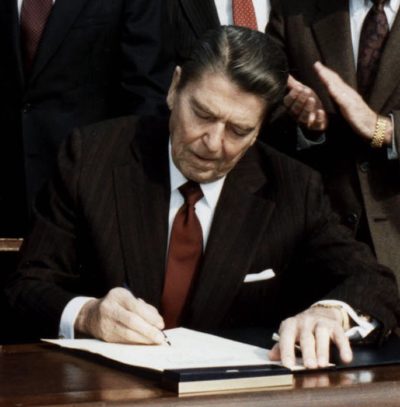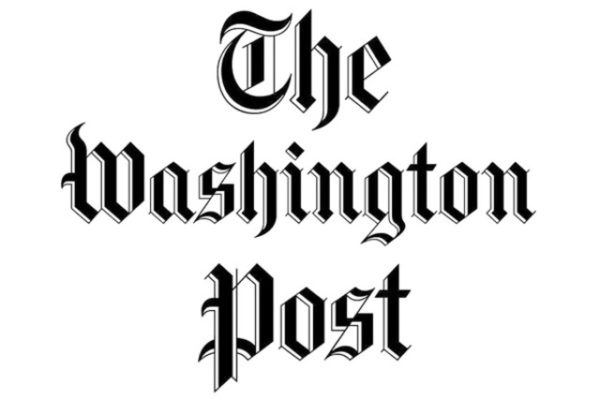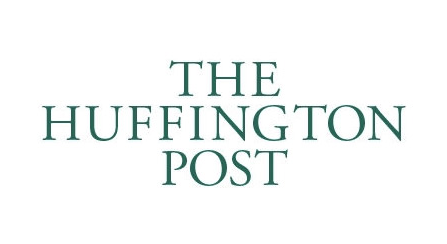Military Contractor Fraud
Military Contracts and the False Claims Act
Fraud in military contracting has always been a major focal point of the False Claims Act (FCA). In fact, the flagrant fraud of selling diseased mules, defective rifles, and rotten food to the Union Army during the Civil War led the FCA’s original passing in 1863. Over a century later – during the Cold War of the 1980’s – defense spending was significantly increasing and President Ronald Reagan was incensed by reports of widespread fraud. For example, in 1986, a special investigative commission discovered that the Pentagon was paying as much as $435 for hammers and $600 for toilet seats. In response to these and similar findings of egregious fraud, Congress passed the 1986 Amendments, which form the basis of the current, revitalized iteration of the FCA.
Military Contracts are Uniquely Susceptible to Fraud.
From 2001 to 2014, approximately 1.7 million separate contracts – worth nearly $400 billion – have been allocated to private contractors for projects outside of the country. In 2011, the Commission on Wartime Contracting reported to Congress that from 2001-2011, over $60 billion in military spending had been wasted in the Iraq and Afghanistan conflicts due to lack of proper oversight, poor planning, or outright fraud.
“Each dollar lost to fraud is a taxpayer dollar unavailable to protect our warfighters. Ensuring the proper use of U.S. taxpayers’ dollars and preventing contract fraud is in our nations’ security interest and remains a DCIS priority.” — Craig W. Rupert, Defense Criminal Investigative Service
While military spending has decreased as operations in Iraq and Afghanistan have drawn down, spending on defense and national-security related activities still amounts to over $600 million annually. This is the Government’s third-largest category of expense, behind only Social Security and health care. Further, it has been estimated that as much as $100 million of this $600 million dollar outlay may represent U.S. payments for fraudulent claims.
How Military Contractor Fraud Works:
Many of the procurements undertaken by the Department of Defense and other national security agencies are for goods sold in markets where competition is limited or non-existent, such as those for sophisticated aircraft and weapons. Often, these contracts cannot be bid for competitively and are “sole-sourced” to single supplier – a situation that lends itself to fraud and abuse. It has been widely reported that the conflicts in Iraq and Afghanistan have engendered a wide range of fraudulent activities.
Government procurement spending is susceptible to nearly all of the types of general contracting fraud identified and investigated by Frohsin Barger & Walthall, including:
- Substandard or defective goods and services
- Padding costs or charging unallowable costs
- Claiming overtime or other hours not actually worked
- Obtaining contracts by fraud
- Violating labor laws and other federal statutes
- Misrepresenting pricing data
Our Attorneys are National Qui Tam Experts and Trial Lawyers.
“The Accomplishments of Frohsin Barger & Walthall warrant the wealth of accolades that it has received.” — Benchmark Plaintiff
Jim Barger and Elliott Walthall are the only private attorneys general in the country ever to be tapped as part of a Department of Justice trial team in a Medicare fraud jury trial. A noted expert on the False Claims Act (FCA), Jim Barger teaches upper-level courses on the subject as an adjunct professor at the University of Alabama School of Law, ranked among the top 15 law schools in the nation by Business Insider in 2016. Barger has appeared on HuffPost Live, Fox 6 Atlanta, and National Public Radio, and his opinions on FCA Medicare enforcement are regularly sought by major newspaper outlets, including The New York Times and The Washington Post.
Both Barger and Walthall have spoken on national panels about Medicare fraud for the American Bar Association, the American Association for Justice, and Taxpayers Against Fraud. In 2015, Barger was a featured symposium speaker on Medicare Fraud and the FCA at the Georgetown Law Center in Washington, DC. In 2016, Georgetown’s American Criminal Law Review published a new research article by Barger on the public-private partnership of the FCA.
“Frohsin Barger & Walthall Wins $150 Million Whistleblower Settlement”
Frohsin Barger & Walthall Represents Whistleblowers Nationwide.
Frohsin Barger & Walthall investigates and litigates qui tam actions on behalf of whistleblowers in federal and state actions across the country. Our representation includes evaluating, investigating, and filing qui tam actions, as well as assisting prosecutors and investigative agents in pursuing cases and reaching settlements, with a high percentage of our cases resulting in government intervention. We have sealed cases in multiple states across the country and regularly travel to meet with United States Attorney’s offices, State Attorney General Offices, and United States Department of Justice attorneys in Washington, DC.
The False Claims Act Offers Protection and Rewards for Whistleblowers.
Blowing the whistle on corporate fraud takes courage, and the law rewards that courage with certain protections. We understand that one of the most important aspects of representing corporate whistleblowers is guiding and protecting them through the difficult, stressful process of litigation. The False Claims Act (FCA) provides for a whistleblower’s case to be filed under seal and the whistleblower’s identity to be protected during the course of the government’s investigation. Further, federal laws protect against retaliation by mandating the reinstatement of wrongfully fired employees at the same seniority level, as well as an award of double back-pay, interest, and attorneys’ fees. Finally, successful whistleblowers are entitled to up to 30% of any FCA recovery, which Congress has mandated is three times the amount of fraud that is proven through the whistleblower’s allegations, plus substantial civil penalties.
Frohsin Barger & Walthall whistleblower cases have been featured in the following media outlets, among others:
Click on the media logo to read the featured story




